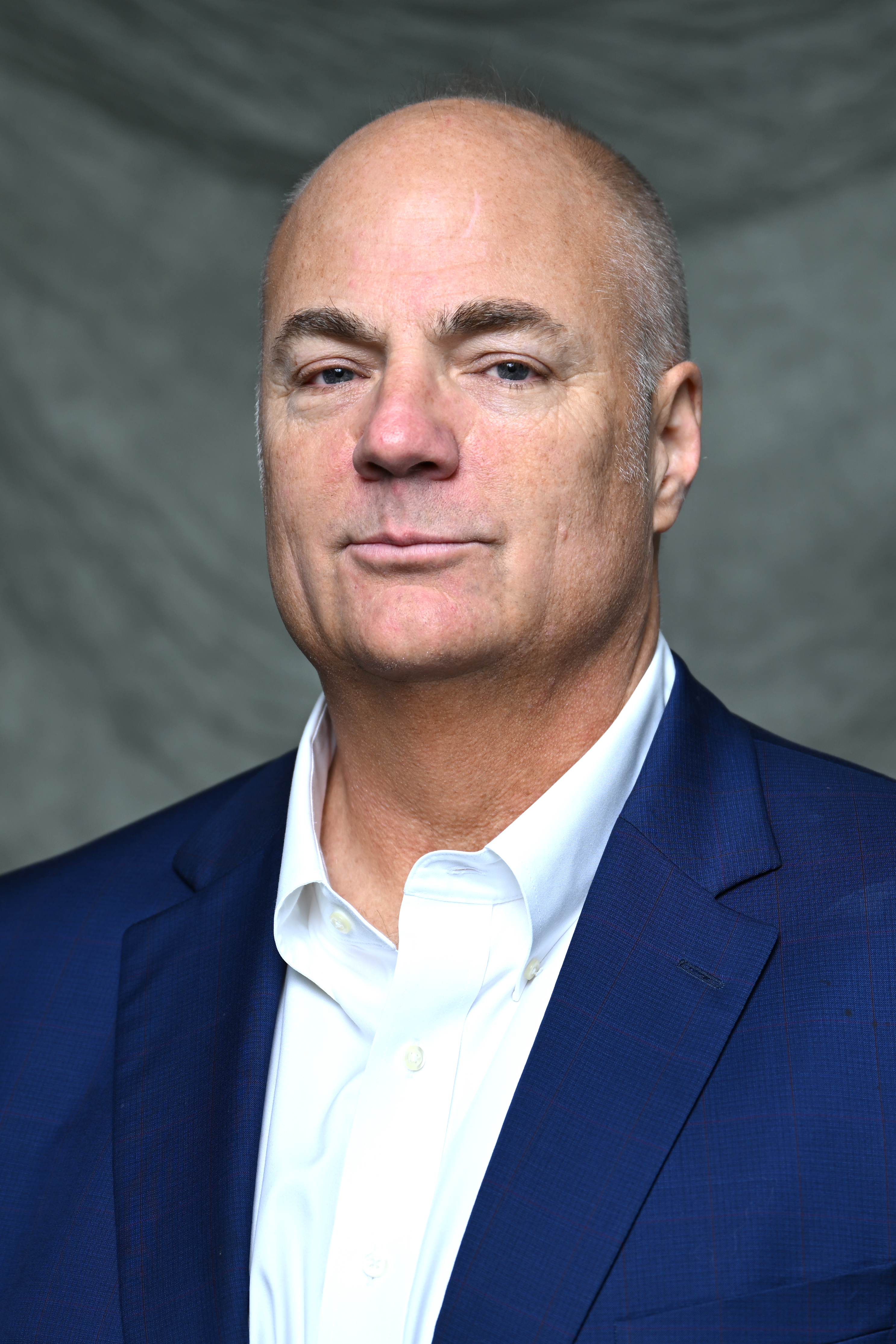News
In response to an acute shortage of diagnostic swabs that has contributed to a bottleneck in coronavirus testing, an academic-industry-government consortium rapidly deployed a design and testing program, resulting in new manufacturing capacity which can fill national supply needs.
Several manufacturers are now ready to ship millions of FDA-certified nasopharyngeal (NP) swabs, which are used in testing for SARS-CoV-2, causative agent of Covid-19. Until now, there has been an acute shortage of the swabs, contributing to a bottleneck in coronavirus testing. The rapidly deployed manufacturing capacity, which came online following an intensive, consortium-led design and testing program, is enough to meet the nation's needs and produce supplies for export.
Hospital procurement officers and state emergency agencies can find a list of the manufactures now taking orders for these swabs at a newly launched website.
Responding to the dramatic national shortage of nasopharyngeal swabs, which continues to be a limiting step in test capacity, a consortium of industry, academia and government was formed to rapidly solve the problem. Over the past three weeks, more than one hundred people worked non-stop at major industrial companies, university medical centers and engineering schools, entrepreneurial businesses, and military labs.
As a result of their efforts, the 3D-printed diagnostic test swabs of five qualified manufacturers were certified in bench tests and clinical trials. These new products showed equal or superior performance compared to flocked swabs, the previous-generation technology which was considered the gold standard before this crisis began. Collectively, the companies can dramatically increase coronavirus test capacity by producing more than 4 million NP swabs per week, manufactured in FDA-registered ISO13485 facilities.
The ad hoc consortium was organized and led by Kit Parker, Tarr Family Professor of Bioengineering and Applied Physics at the Harvard John A. Paulson School of Engineering and Applied Sciences and Core Member of the Wyss Institute for Biologically Inspired Engineering; and Ric Fulop, CEO of 3D printing company Desktop Metals. Ramy Arnaout, assistant professor of pathology at Harvard Medical School and associate director of the Clinical Microbiology Laboratories at Beth Israel Deaconess Medical Center, coordinated the clinical laboratory testing of the swabs.
Consortium members included Beth Israel Deaconess Medical Center, Desktop Metals, Envisiontec, Formlabs, Harvard University, HP, Neurophotometrics, Ohio State University, Opt Industries, Origin, Resolution Medical in partnership with Carbon, Inc., USF Health, Stanford University, and the Army’s Natick Soldier Systems Center.
Topics: Health / Medicine
Cutting-edge science delivered direct to your inbox.
Join the Harvard SEAS mailing list.
Scientist Profiles
Kit Parker
Tarr Family Professor of Bioengineering and Applied Physics
Press Contact
Paul Karoff



